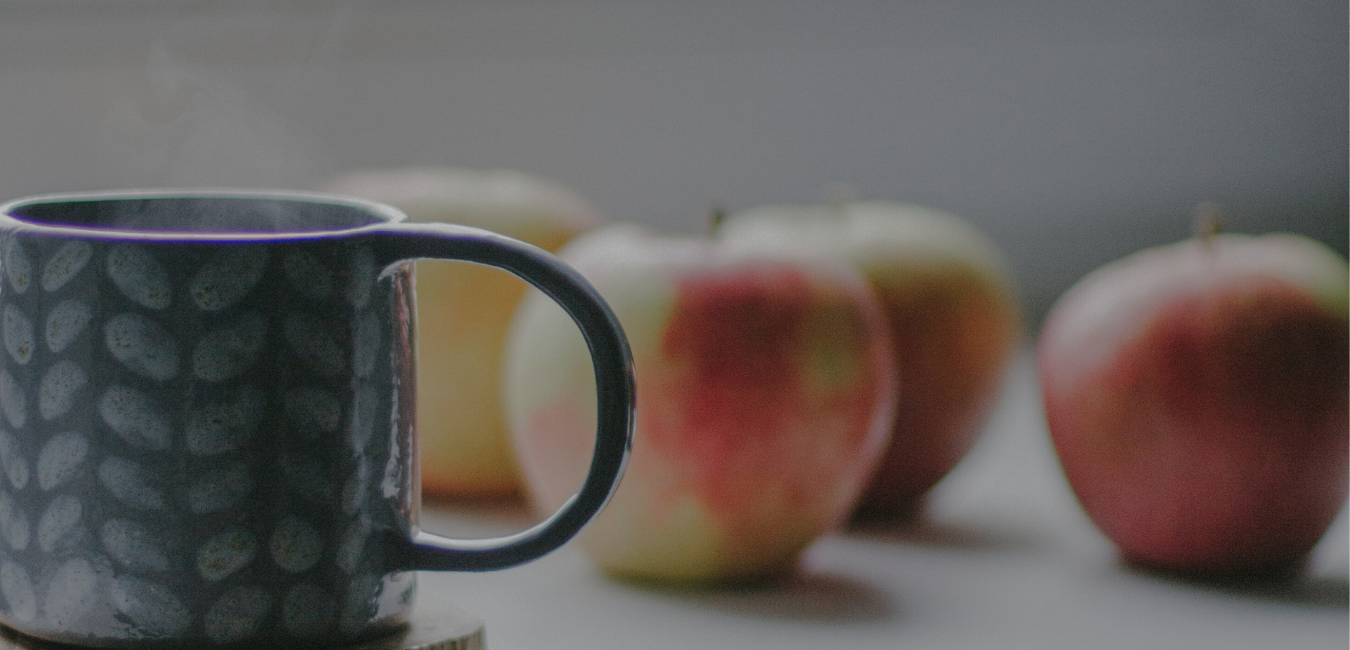One of the most common questions I receive is “Which tea blend is good for weight loss?” Although I don’t develop blends based on medicinal benefits I am aware some ingredients are said to promote weight loss.
In this blog post, we are unraveling the scientific findings and exploring the link between tea, herbs, and weight loss.
Camelia Sinensis
Green tea is celebrated for its high antioxidant content, particularly catechins, has been linked to increase metabolism. Studies have suggested green tea might aid in fat burning and antioxidants may speed up your metabolism. In a study, the clinical use of green tea was investigated to stimulate weight loss in people who were overweight or obese. While it found green tea to have a positive impact on weight loss, the result was not significant, and the authors concluded that it was unlikely to be of clinical importance.
Oolong tea, with its partially fermented leaves, has garnered attention for its association with increased fat oxidation. Fat oxidation is the process by which the body breaks down fat for energy. Some research suggests that regular consumption of oolong tea may enhance the body’s ability to burn fat, potentially contributing to weight loss. In addition, the partially fermented leaves of oolong tea contain compounds that may help boost metabolism. A higher metabolic rate could lead to increased calorie expenditure, supporting weight management efforts.
Deeply rooted in traditional Chinese medicine, Pu-erh tea, is believed by some to promote digestive health, modify glucose, insulin, and blood lipids. A published study found in Phytotherapy Research tested the effect of daily Pu-erh tea consumption for 3 months on weight and body mass index (BMI), and select metabolic parameters. The results concluded that daily Pu-erh tea consumption may be a choice to modify body weight slightly but does not play a significant role.
Tisanes
Tisanes aka herbal teas like peppermint, turmeric, and cinnamon, are all comforting teas and are associated with appetite suppression. Herbal teas can help control cravings and contribute to reduced calorie intake which supports weight loss efforts.
Ginger, a favorite of many, contains compounds that help our bodies burn fat and reduce lipid levels. Hibiscus, a tart drink served hot or cold has demonstrated positive effects in weight loss. In a report, hibiscus resulted in a lower BMI, body weight, body fat, and hip-to-waist ratio. Cardamom and black pepper contain antioxidant and anti-inflammatory properties that will help to reduce weight.
While some studies show a link between tea, herbs, and weight loss, the result is insignificant. It’s crucial to approach the findings mentioned with a realistic perspective and understand that individual responses may vary. Tea alone is not a magic solution for weight loss but it can be a delightful addition to your overall weight loss journey. Before making significant changes to your diet, it’s advisable to consult with a healthcare professional.
Going forward, when someone asks “Which tea is good for weight loss?”, I simply say all of them. Each blend has a few comforting ingredients that may suppress appetites and/or increase metabolism. So, brew yourself a cup of your favorite Bella Mae’s blend and enjoy each moment in the weight loss journey.
Happy Sipping!

